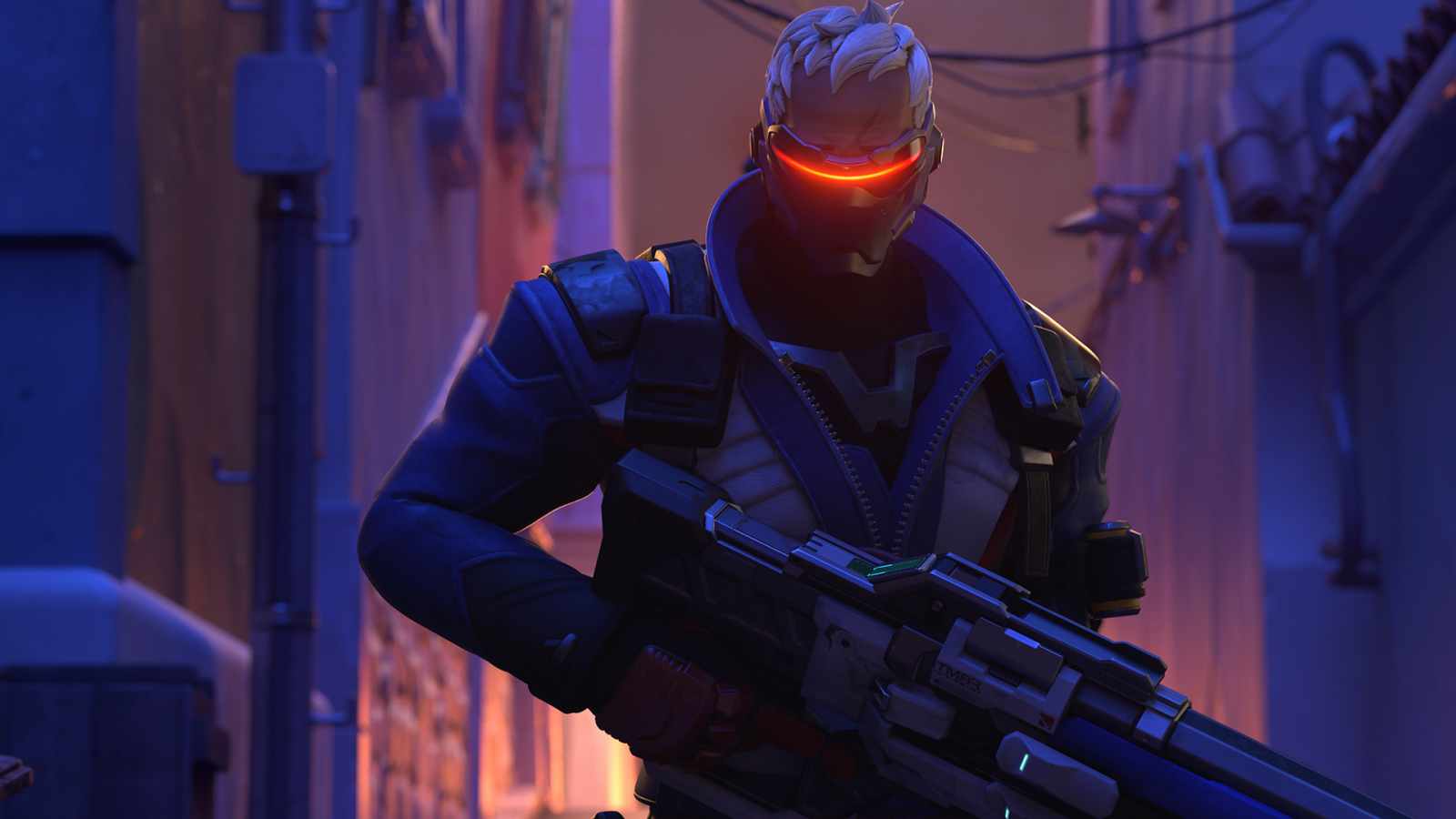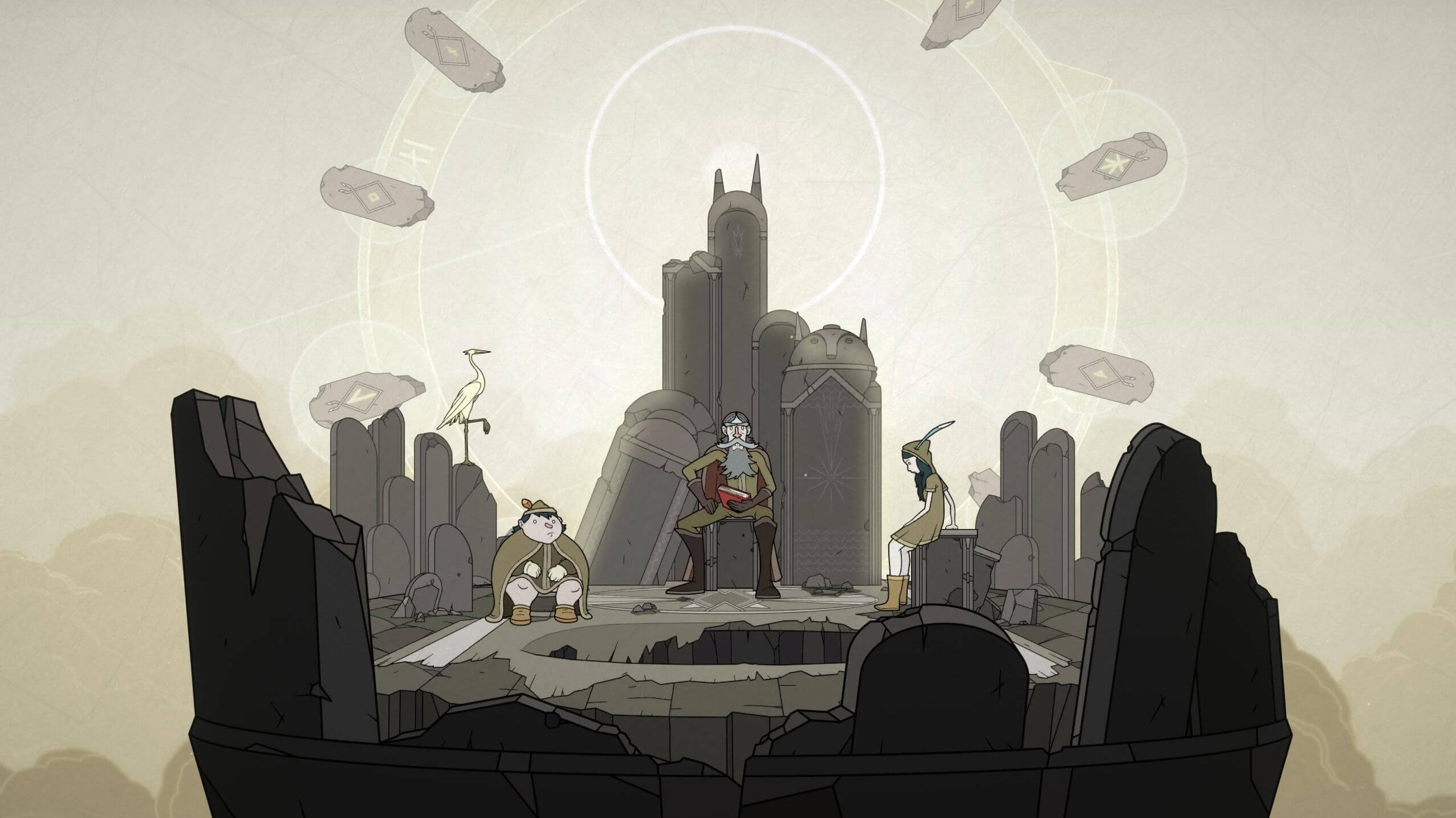Adventure games have come a long way since the days of the war between Sierra and LucasArts. Since then, a lot has changed in the adventure gaming formula, with plenty of releases attempting to change the traditional means of delivering a story all the while challenging players with creative puzzles and such. Some developers, like Telltale Games, have opted to take away much of the former from their titles in favor of delivering a gripping story, and in many ways, they have succeeded in carrying a narrative with limited player agency quite well.
But there’s definitely been a gap when it comes to actually having people think when playing a new adventure game these days. Sure, games like Daedalic’s Deponia have helped inject a lot of puzzles and inventory convolution (hallmarks of the genre), but in my book, WadjetEye Games are the ones that have been having the most success in actually carrying the torch forward. In keeping tradition alive thanks to their nostalgic presentational style to their games, like the Blackwell series, Resonance, A Golden Wake and the brilliant, criminally overlooked Primordia, but also evolving the way an adventure game can be played without sacrificing story.

Unavowed is the latest to come out of their studio, and to all regards, it’s yet another excellent adventure game. Set in current day New York, we’re introduced to the Unavowed, a secret society of powerful individuals who have been combating supernatural threats for hundreds of years. Things have been plenty quiet for the last century, but a series of bizarre and horrifically violent murders have caught the attention of Unavowed, and as the game begins, they’re just about to rid the world of a demon being who’s taken over an innocent man — or woman, depending on your choice — of a particular background (I picked bartender, because why not?). After a dramatic showcase of WadjetEye’s trademark use of pixel art, along with some great voice acting, they’re now left to deal with the aftermath of everything that they — or in this case, their alter-ego — has done.
Thanks to the background you choose at the beginning of the game, progression in Unavowed can be quite different between playthroughs. Since I went with the bartender origin, I was able to appeal to empathy in order to get a little more out of my dialogue choices when it came to overcoming some obstacles. Aside from that, you’ll always have a couple of other characters to rely on throughout the game, like Eli, one of the partners you start the game out with, who’s a fire mage with the power to well, toss fireballs, obviously. But he’s also able to reacquire the knowledge contained in any tome or book that’s been burned, and regardless of how specific it might sound, that does come in handy. Then there’s Mandana, a half-human, half-jinn (you know, a genie, but don’t call her that, she doesn’t like it), who’s pretty handy with a scimitar and is incredibly knowledgeable about history, because she’s lived it.

You’ll also run into other faces you can recruit as you further explore the different boroughs, like a bestower who can bring to rest lost spirits still clinging to their mortal existence, as well as a tough-as-nails cop who’s pretty lost herself. Safe to say, and without delving into spoilers — you’ll want to talk to these people and discover these tidbits of info yourself, trust me — Unavowed cast is extremely colorful and well developed. By the end of my time with the game, I grew to care about them and what eventually happened to their fates thanks to my decisions during the game.
Albeit not as in your face about expressing that you have to face the consequences of your actions (insert thunderclap here) like, say, Vampyr or The Walking Dead, Unavowed plays with that notion by splitting the game into crossroads at practically every one of your missions, which plays into how the game eventually wraps up. There’s no fail scenario when it comes to these, although some actions you take can result in having to start scenarios over. I really appreciated how Unavowed respected my calls and did not hammer me with morality when it came to making a tough decision based on my emotions in regards to specific points in the story. Thanks to the bond that I felt was built with my party — who you’re able to pick from to accompany you at the outset of every mission, with the exception of some specific points in the story, changing the paths and outcomes you can have — as well other secondary characters, I was confident in going through with what felt right at the moment. That’s something personally tough for me when playing games, since I’m always prone to want to quick save and revert back if the consequences aren’t to my liking.
I grew to accept whatever happened. And that’s one of Unavowed’s biggest strengths, built upon a strong script and gameplay flow that allows for plenty of breathing room. I really felt comfortable with the ending that I got, and learned about the possible benefits that can come by playing the game a certain way (or not). And although I made up my mind not to go back on any of my decisions, I’m pretty curious to see what can come out of a fresh playthrough of the game, now that I have a certain amount of knowledge of what could possibly happen.

I also liked how dynamic it felt to play Unavowed thanks to the way the developers have basically done away with the cumbersome interaction buttons that traditional adventure games like to use. By simply hovering the mouse over points of interest, you can get a description and have the protagonist’s opinion on everything right away, without having to manually pick an eye icon or whatever symbol and click on something. The only part that has you deal with the interface comes when you want to use one of your other party member’s ability, but even that does not require more than two clicks. The same goes with inventory, which is limited to containing only items that are pertinent to the case you’re currently on, never getting as confusing or full of junk as other adventure games.
Out of the few of WadjetEye’s games that I’ve played so far, Unavowed is certainly one that I’ll remember for quite a while, thanks to its engaging story, fantastic presentation and the way that it deals with character development. I’ll be sure to explore this one further and discover what else there is to be seen, but for now, I’m happy with the choices that I’ve made, and will cherish the moments I spent with the great friends that I’ve made along the way.




